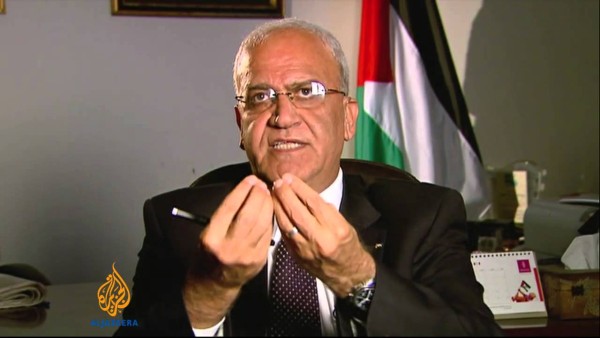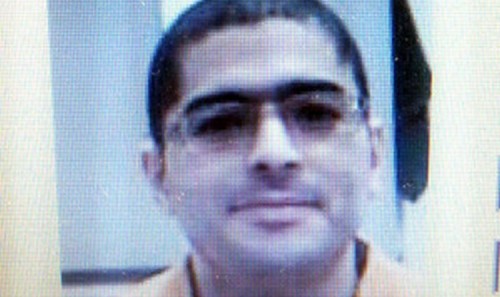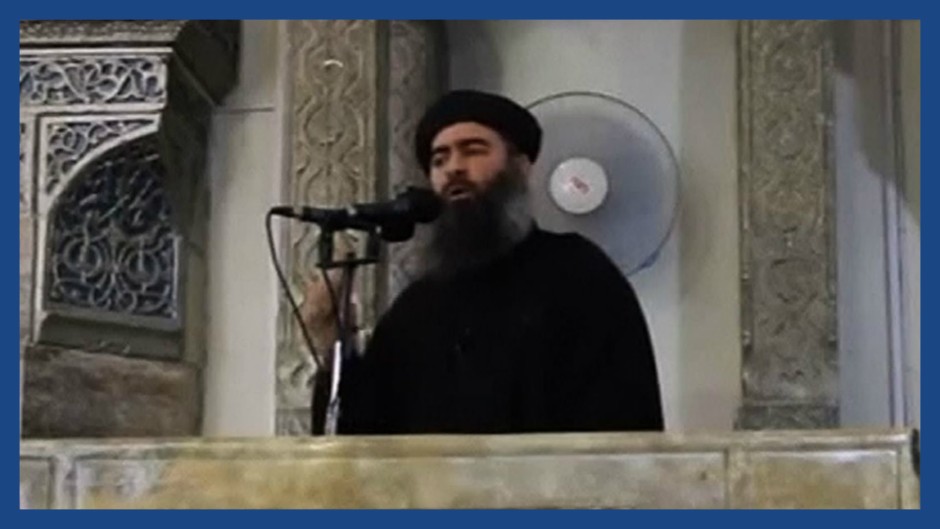Islamic State and its 34 affiliates have launched terrorist attacks in countries ranging from France to Turkey, but the Sunni jihadist organization has yet to strike one of its arch enemies, Israel.
It seems strange that IS, based in Iraq and Syria, has not targeted Israel, the object of hatred and revulsion in the Muslim world.
IS has refrained from opening a front against the Jewish state because it has no meaningful presence in Israel, the West Bank and the Gaza Strip, Israeli Defence Minister Moshe Yaalon said recently.
And in Syria, IS is focused on defeating the forces of Syrian President Bashar al-Assad, Yaalon added.
But there may be another reason why IS has not lashed out at Israel. IS may not be militarily ready to confront Israel.

According to Jurgen Todenhofer, the only Western journalist to have been embedded with IS, “the only country IS fears is Israel.” As the German reporter said in January, “They told me they know the Israeli army is too strong for them. They know the Israelis are very tough at fighting against guerrillas and terrorists.”
Yaalon concurs with this assessment. “They would get hurt,” he said a few months ago.
Nonetheless, IS is talking big.
In 2015, IS issued its first Hebrew-language video threatening Israel. “We are coming for you from all over the world to slaughter you,” said a man brandishing a knife. He was surrounded by masked men holding automatic machine guns.
On December 26, IS leader Abu Bakr al- Baghdadi escalated IS’ rhetoric.

In an audio recording released on December 26, he said, “Palestine will not be your land or your home. It will be a graveyard for you. Allah has gathered you in Palestine so that the Muslims may kill you. The Jews thought that we forgot about Palestine and diverted our attention from it. Never, Jews. We have not forgotten Palestine for a moment. We are coming closer to you day by day.”
General Gadi Eisenkot, the chief of staff of the Israeli armed forces, apparently takes Baghdadi seriously.
Shortly after Baghdadi’s diatribe, Eisenkot warned that recent IS military defeats in Syria have increased the chances of an IS attack on Israel and Jordan.
“The successes against (IS) raise the probability, in my eyes,that we will see them turning their guns against us and the Jordanians,” he told a conference at Tel Aviv University in mid-January.
IS could launch an attack from the Syrian side of the Golan Heights.
The Yarmouk Martyrs Brigade, which has declared its allegiance to IS, is based about 80 kilometres from the Israeli border. Consisting of between 600 to 1,000 fighters, the brigade is focused on attacking the Syrian army and various rebel factions. It seems to have no designs on Israel. But its calculations could change in a flash.
IS’ affiliate in the Sinai Peninsula, Sinai Province, downed a Russian airliner last autumn with 224 passengers and crew on board. And in the past, Sinai Province has fired the occasional rocket into Eilat, the Red Sea port, without causing any casualties or significant property damage.
Hamas, which has ruled Gaza with an iron hand since the summer of 2007, has reportedly smuggled weapons into Sinai via a maze of tunnels and supposedly allowed Palestinian volunteers to join the ranks of Sinai Province.
Last December, Israeli television reported that the founder and commander of Sinai Province, Shadi al-Menei, paid a visit to Gaza to conduct talks with Hamas’ military wing.
Egypt, in its war against Sinai Province, has closed or flooded more than 1,000 smuggling tunnels, but some remain open.

Yaalon claims there are only few IS cells in the West Bank. “We took out an IS cell there a while ago,” he said last November. Mohammed Shtayyeh, a member of Fatah’s Central Committee, claims there are no IS cells in the West Bank. Saeb Erekat, a senior official in the Palestinian Authority, has said that support for IS among Palestinians will grow should Palestinian statehood be thwarted by Israel.
Hillary Clinton, the front runner for the Democratic Party’s presidential nomination, has warned that “the black flag” of IS could could be flying in the West Bank should the Palestinian Authority collapse.
These warnings may be premature. Judging by a recent survey conducted by the Arab World for Research and Development, 93 percent of Palestinians in the West Bank and Gaza reject IS’ ideology and practices.
Israel’s Arab minority, comprising 20 percent of its population, also broadly rejects IS, which has been declared illegal in Israel.

Nonetheless, IS has a small number of sympathizers in the Israeli Arab community. One of them, Mohammed Abd al-Ghani, is an imam from the Arab town of Umm al-Fahm. Last July, in a fiery sermon, he denounced Jews, claiming that “accursed” Jews have been behind “each and every catastrophe” that has afflicted the Islamic world.
By Israeli estimates, 40 Israeli Arabs have joined IS, having made their way to Syria via Turkey. One IS volunteer, Nadal Hamad Saleh Salah, flew a hang glider from the Israeli side of the Golan into Syria.
Tens of Israeli Arabs planning to join IS have been arrested and charged with membership in a banned organization. One of the most prominent would-be jihadists was a 40-year-old lawyer from Nazareth, Adnan Ala al-Din.
Nashat Milhem, the Israeli Arab who murdered three Israeli Jews in Tel Aviv on the first day of 2016, was supposedly inspired by IS.

Israel has its hands full fighting Hamas in Gaza and Hezbollah in southern Lebanon. But the day may yet come when IS will be a material threat to Israel’s security as well. It would not be a surprising development.
